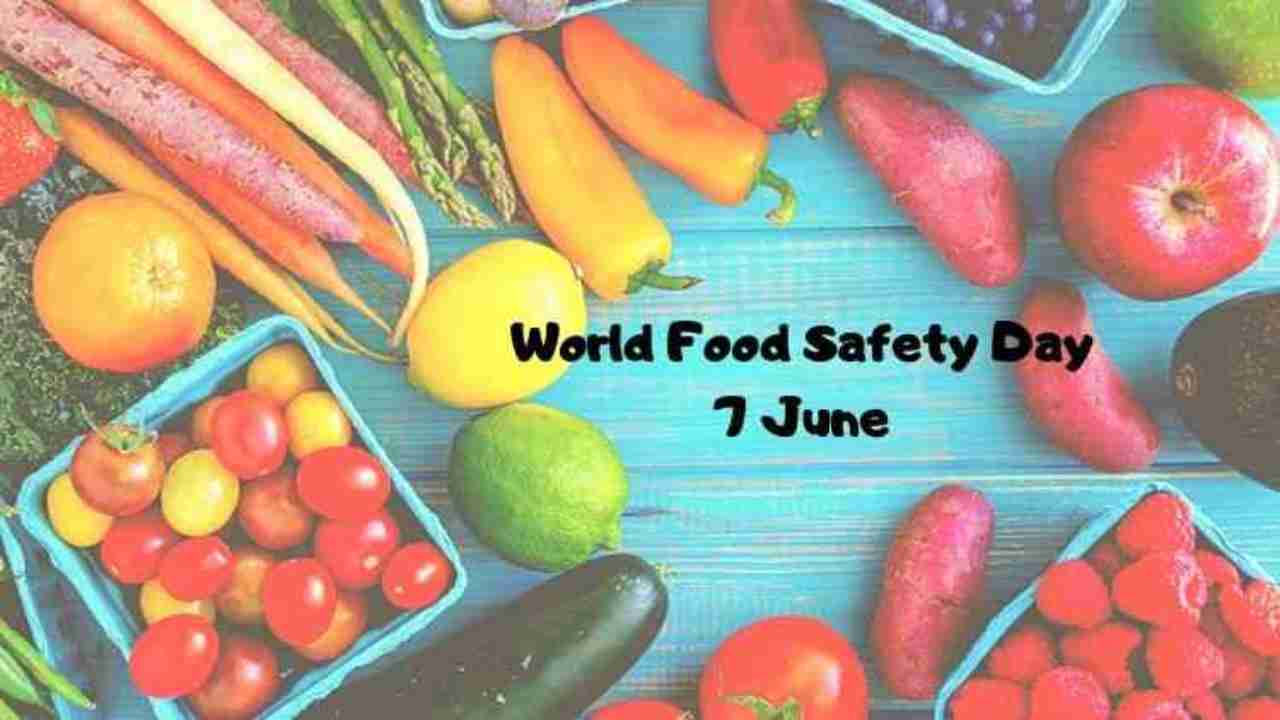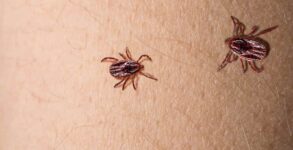To draw attention and inspire action to help prevent, detect and manage foodborne risks, contributing to food security, human health, economic prosperity, agriculture, market access, tourism, and sustainable development, World Food Safety Day is celebrated on June 4 annually.
In 2019, the theme for this day was “Food safety, everyone’s business”. According to the World Health Organisation (WHO), the action-oriented campaign will promote global food safety awareness and call upon countries and decision-makers, the private sector, civil society, UN organizations, and the general public to take action. Through the World Food Safety Day, WHO pursues its efforts to mainstream food safety in the public agenda and reduce the burden of foodborne diseases globally.
However, the theme for World Food Safety Day 2020 has not been announced yet. There are chances of the theme “Food safety, everyone’s business” to continue this year as well.
The World Food Safety Day 2020 will be celebrated virtually due to the spread of COVID-19 disease. People will get a chance to interact with each other online, you can showcase your work, promote food safety locally and internationally, and learn from others as they interact with your content and share their stories.
Top 10 causes of foodborne illness:
The top 10 causes of foodborne illness are the following:
- Improper cooling
- Preparation
- Infected person
- Inadequate reheating for hot holding
- Improper hot holding
- Contaminated raw food or ingredient
- Unsafe source
- Use of leftovers
- Cross-contamination
- Inadequate cooking
Ways to ensure food security:
Personal Hygiene:
- Hand Washing — ensure effective hand washing techniques are followed at appropriate times
- Minimise hand contact with food — try to minimise direct hand contact with raw food by using appropriate utensils and safe use of disposable gloves
- Personal cleanliness — cover hair; do not sneeze or cough over food; cover cuts and sores, and do not wear jewellery
- Wear protective clothing — wear suitable clean protective clothing and handle appropriately to prevent cross-contamination
- Exclude ill staff — staff must report illnesses; exclude staff with vomiting or diarrhea
Cleaning Programmes:
- Establish cleaning The World Food Safety Day 2020 will be celebrated virtually due to the spread of COVID-19 disease. and disinfection programmes to ensure the correct hygiene standards are met and reduce the risk of a foodborne illness outbreak.
- This includes proper cleaning and disinfecting food preparation areas as well as machinery and utensils used within the food processing cycle to eliminate the microorganisms that cause food poisoning.
- Adopting correct cleaning processes will also reduce the risk of pests such as rodents, flies, and cockroaches in food preparation and processing areas by removing potential food sources and insect breeding sites.
Environmental Hygiene:
- Food processing facilities rely on the use of potentially dangerous chemicals for sanitation and pest control. Because of this attention has to be applied to reduce the risk of accidental environmental contamination during the food processing cycle.
- To ensure the chemicals stored and used on food processing premises do not contaminate the food products at any stage in production, the food security process should be adopted.
- New non-toxic pest management solutions are being developed to help provide a more green solution to pest control issues within the food supply chain.
Waste Management:
- If food waste is accumulated, it can attract pests to areas where food waste is stored, thereby bringing about the possibility of pest infestations, posing a risk to food safety.
- This can be prevented with the provision of appropriate containers; suitable, secure waste storage areas, and establishing adequate procedures for waste removal regularly.


















